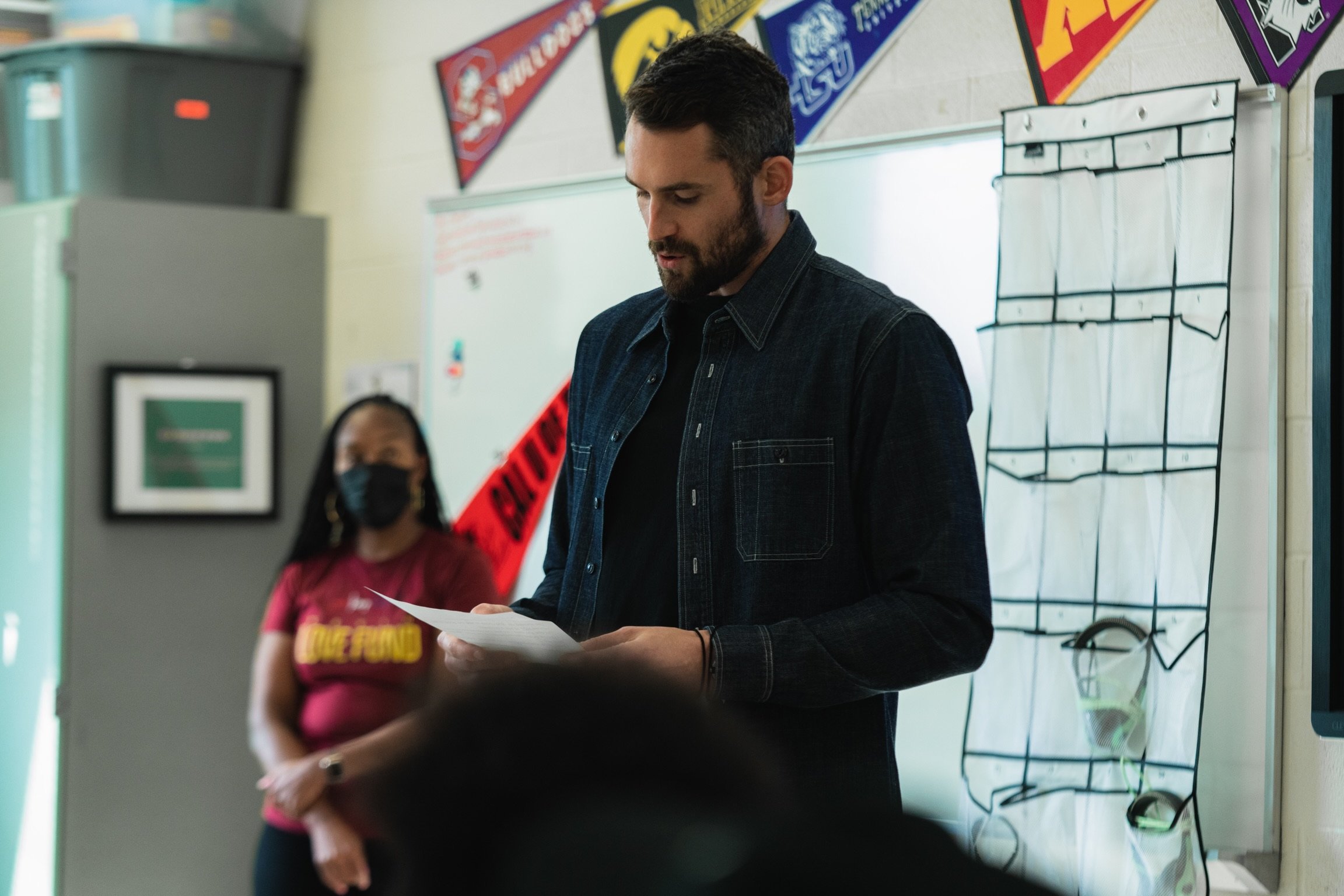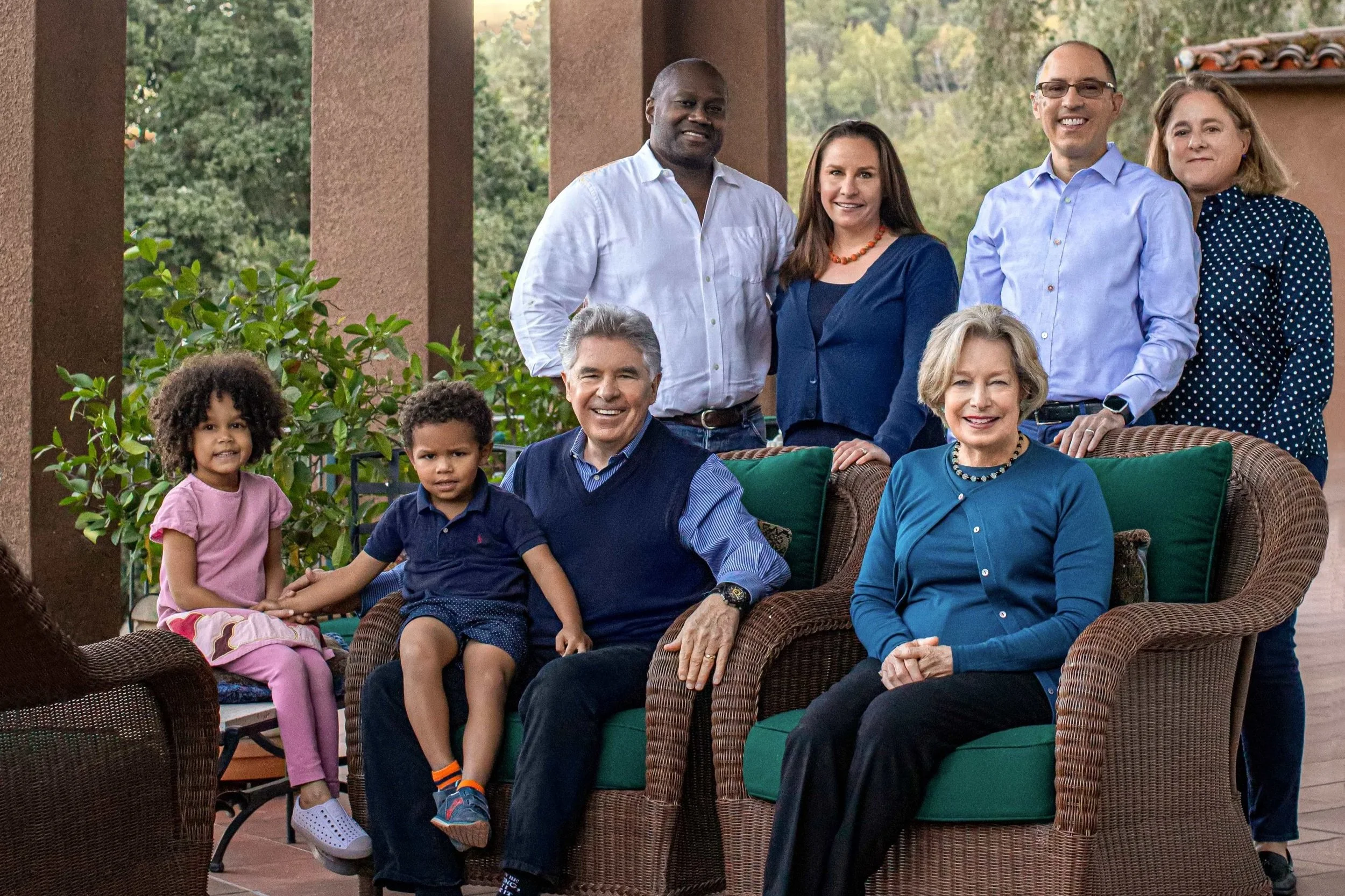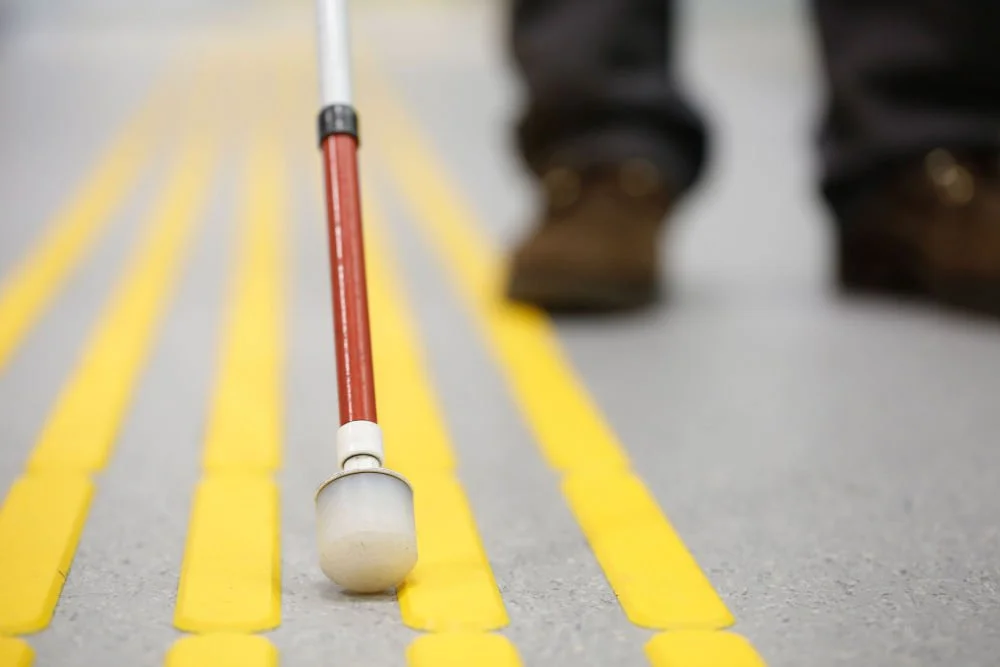In the Nation’s “Suicide Belt,” a Major Initiative Emerges to Improve Mental Health
/Vail, Colorado. Rosemary Woller/shutterstock
Recent news about suicide is deeply disturbing. In 2017, 47,173 Americans died by suicide, and there were an estimated 1.4 million suicide attempts. Suicide is now the second-leading cause of death for U.S. children between 10 and 18 years old. New research shows that ER visits by children for suicidal thoughts or suicide attempts doubled between 2007-2015 nationwide; the average age of admitted children was 13. Some 2,500 teenagers committed suicide in 2015, including children in elementary school.
While this crisis has been building for years, philanthropy has been slow to respond. As we’ve often discussed, mental health tends to be low on the list of funder priorities, often leaving nonprofit organizations in this space struggling for resources.
Lately, though, a rising sense of urgency around the U.S.’s soaring suicide rate has drawn new private money to mental health issues, including initiatives focused on the emotional well-being of children and youth.
Last month, Vail Health—a nonprofit community healthcare system in Vail, Colorado—announced a $60 million commitment to transform behavioral health services in the Eagle River Valley. Vail Health is working with Eagle County to create a nonprofit collaborative that will build new facilities, improve access to providers, and lower barriers to behavioral healthcare in the area.
Why such an investment? Vail is part of the nation’s “suicide belt” of mountain and rural towns, with Eagle County averaging one suicide attempt per day. Increasingly, adolescents have been among those inflicting harm on themselves. In response, Eagle County has contributed $1.3 million to support behavioral health initiatives, including funds raised from marijuana sales and an excise tax. While helpful, these funds aren’t enough to make an outsized impact. A bigger push is needed, according to Will Cook, president and CEO of Vail Health.
Cook told Inside Philanthropy that the new $60 million commitment evolved after “years’ worth of meetings with the community.” These sessions were opportunities to understand the social and health challenges impacting an area whose population can fluctuate wildly during ski season. Some pressures on residents are obvious, such as “expensive housing due to living in a ski community,” while others are more subtle, like the impact of moving to “a community where one may have no friends or family.” Meanwhile, says Cook, “rural communities don’t have enough behavioral health providers, and for the providers we do have, reimbursement for their services is low.”
To confront the area’s growing mental health crisis, Vail Health analyzed data to identify trends and patterns. It also scouted for donors who might be interested in supporting a stronger response, approaching this effort much like a capital campaign.
The initiative Vail Health unveiled last month reflected several years of planning and preparation. While specific spending details are still being worked out, there are plans for a crisis stabilization unit and a campaign to educate people about mental health. A separate 501(c)(3) will oversee this ambitious endeavor.
Vail Health itself is among the financial backers of the new work. Cook said that the hospital has done well in recent years, including on the fundraising front, and that “there was a strong desire to give back.” There was also a strong sense “that it was time to stop turning a blind eye to behavioral health,” and “get all hands on deck.”
Addressing Regional Issues
Vail Health is joining other big players that have decided to make behavioral health a philanthropic priority. Several recent initiatives have focused specifically on the emotional well-being of children and youth. Not long ago, Inside Philanthropy wrote about Marc and Lynne Benioff’s $15 million gift to UCSF Benioff Children’s Hospital Oakland to address the acute shortage of mental health services for children and adolescents in Oakland and the East Bay.
Related: Addressing a Quiet Crisis: Behind a Gift for Childhood Mental Health
Kohl’s also gave a $5 million gift to support improved mental health services for children and families in the state of Milwaukee. Milwaukee-based Children's Hospital of Wisconsin, a long-term recipient of Kohl’s money, will use the funds to “expand school-based mental and behavioral health services, introduce new and refined screening tools, conduct mental health research, and launch an education and awareness-raising campaign.”
The Illinois Children's Healthcare Foundation expanded its Children's Mental Health Initiative by $10 million. The program “helps communities build systems that identify, treat and prevent mental and behavioral health problems in children.” The new investment is “based on the success of the first phase of the CMHI initiative, which succeeded in screening more than 36,000 youth annually from 2010 to 2018 for mental health problems, and built sustainable systems of community-based care.”







































